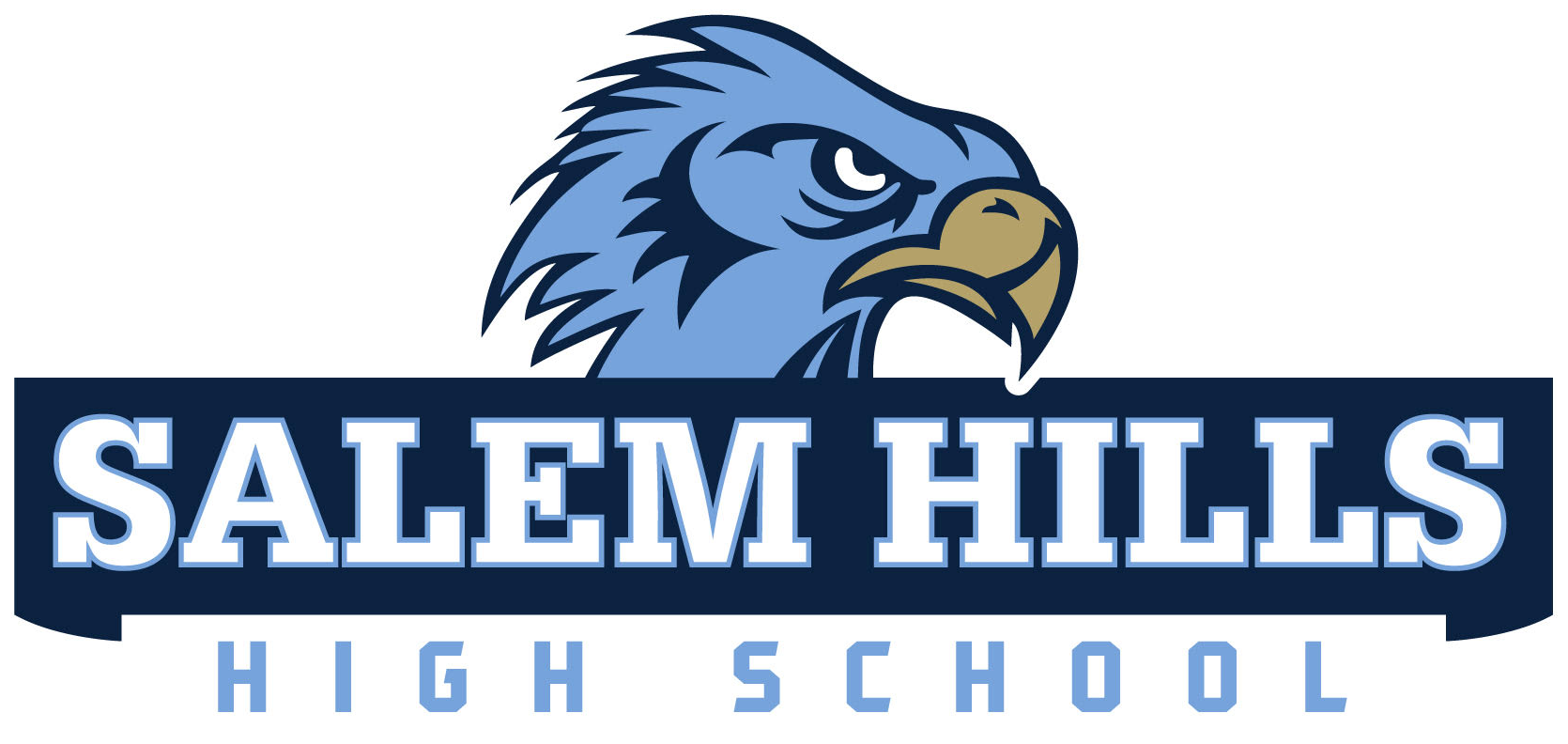Jacob Johnson excels at Science Fair
| Attachment | Size |
|---|---|
| Jacob Johnson.jpg | 48.96 KB |
Most science fair projects don't take two years to complete, nor do they end in an awards ceremony with millions of dollars in scholarships, cash and prizes, but for one senior at Salem Hills High School, this is his reality. Jacob Johnson has been working for two years on his science project titled "Motivation and Cognitive Function: examining the effect of motivation on low-stake test scores." His research involved more than 200 student subjects and months of preparation. Johnson now has the opportunity to present his findings at the International Science and Engineering Fair, which will be in the Los Angeles Conference Center on May 12. Johnson will speak to a panel of judges, including Nobel Laureates and other dignitaries. The awards ceremony on May 13 will announce the winners of $4.4 million in scholarships, cash and prizes. Among his supporters and mentors is Brad Shuler, a science teacher at SHHS. "This is a pretty big deal," Shuler said. "It is a goal Jacob has had for several years now. I have been involved with science fairs for 15 years and have only known one student who was selected to go to Intel ISEF." Additionally, Johnson credits Dr. Mikle South, a professor from Brigham Young University. "Dr. South coached me through the statistics and the deeper parts of psychology behind it," Johnson said. "He helped me take the actual project and make it a reality." According to Johnson, his presentation in Los Angeles could be as short as 10 minutes, or twice that depending on the number of questions the judges ask. "To make a good impression on the judges during the Q-and-A, you have to be able to change thought processes quickly and answer satisfactorily," Johnson said. "You will be tested. You have to know your project inside out or else you'll get eaten alive." This science project first gained public attention when Johnson presented it to the Nebo District Science Fair in February of this year. There, Johnson won Best in Show, which meant that he was in the top 10 in his school district. In March, after presenting his project to the region science fair at BYU with 250 other student competitors, Johnson won the Mu Alpha Theta award for advanced mathematics, and landed one of five spots available to present at the Intel ISEF. "I am most excited about meeting others with the same interests and aspirations as mine," Johnson said. Johnson's award-winning motivation project started with a test. He gave high school students from Salem and surrounding cities a 19-question survey with questions that were similar to an IQ test, including multiple choice, logical deductive and "what comes next in the sequence?" questions. "I randomly assigned people to two groups: motivated and unmotivated," Johnson said. "I prefaced the test by telling the subjects, 'This is a test for research. If you score 80 percent or higher you will be entered into a drawing to win $25 to iTunes.' For the unmotivated group, I simply told them it was a test for research." Johnson discovered three major things about motivation after his research. First, the students in the "motivated" category were found to be 6.1 percent more motivated than those in the other category. Second, Johnson asked the students how much they were motivated by the iTunes drawing. Their answers surprised him, because he found there was no sign of a difference between those who were motivated by the iTunes drawing and who weren't. Lastly, one question Johnson asked was about what motivated the students. Many were motivated by food, money and prizes, but those who were intrinsically motivated, or driven by their own personal achievement, did 8 percent better on the test. "I have worked with Jacob for three years on different projects," Shuler said. "I have been impressed by his effort and development as a scientist. Jacob doesn't just think like a scientist. He is a scientist. I see great things for him in the future. The sky is the limit." A study like Johnson's has multiple applications. "In education, if teachers tell students to shoot for 80 percent or better on a test and motivate them with a bonus point on their exam, they may try even harder," Johnson said. He went on say that when employers pay closer attention to what motivates a potential employee during the hiring process, they may have better success hiring those who are intrinsically motivated, or offer individualized extrinsic motivations to the ones that are motivated with material things. Johnson has high expectations for his future. He received an $80,000 scholarship to Westminster College, but intends to go to Utah State University. There he wants to study psychology and research, and especially wants to continue studying motivation. Shuler also believes in Johnson's bright future. "I believe this award will open doors for Jacob and give him experience and the confidence to accomplish great things in the future."
